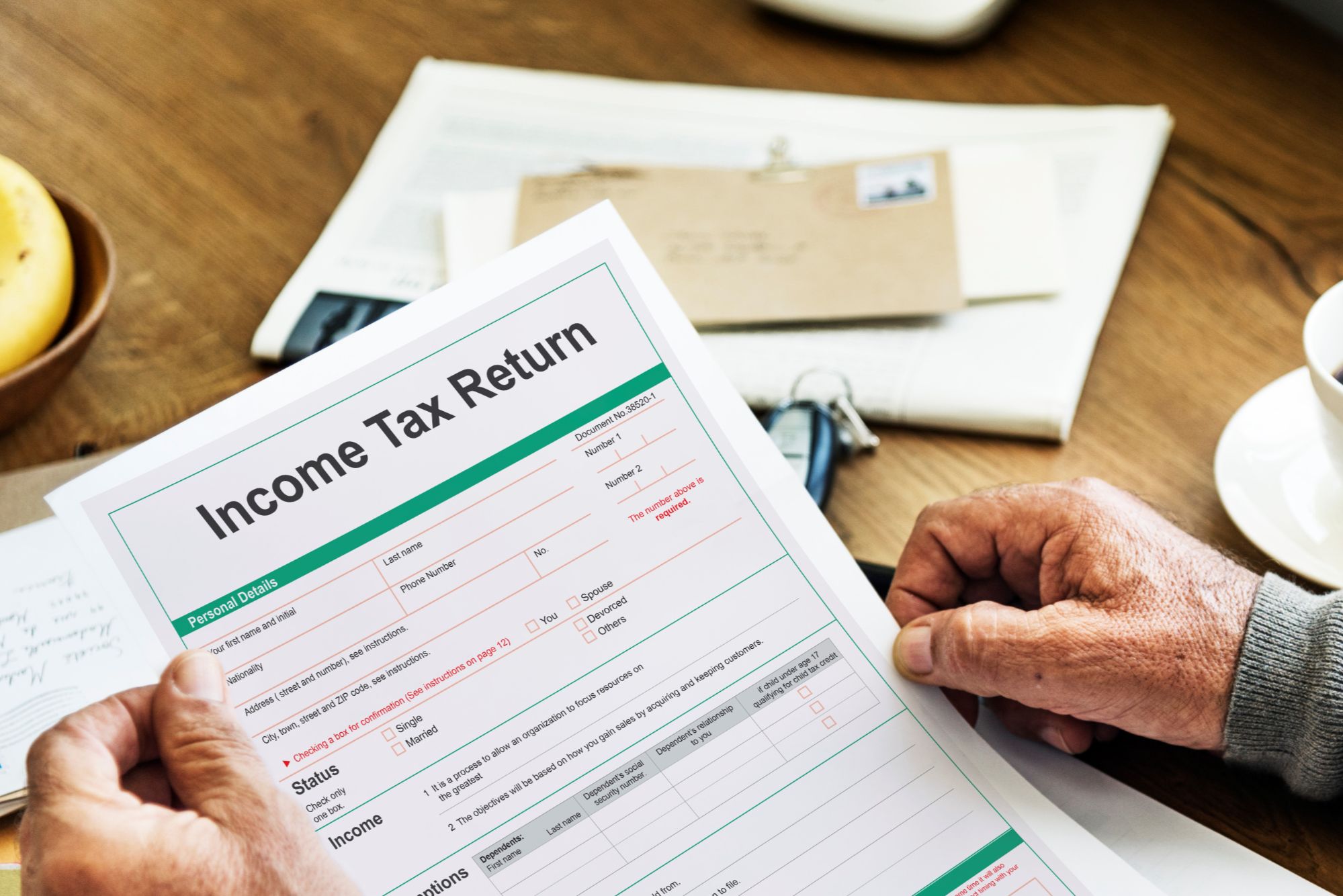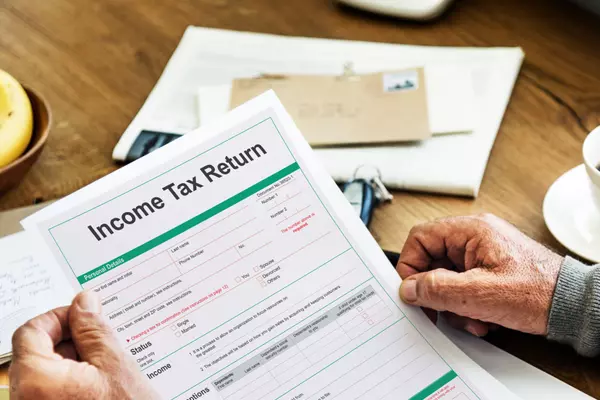The 6 Little Known Real Estate Investment Tax Planning Principles that Could Save Thousands

The scariest day of the year for Americans is April 15th. Tax laws are complex, and filing can be daunting.
It is easy to feel unprepared when tax season hits because of all the variables. How can you, as a real estate investor, prepare in advance so you save thousands?
Let's make sure you understand what expenses are worthwhile for your investments. Here are the 6 tax planning principles for real estate investors.
1.Use a Certified Public Accountant to file
Work with a CPA to avoid costly filing mistakes if you are a real estate investor. By carefully reviewing your tax return, CPAs provide you the protection you need to avoid errors, save you time, reduce stress, and uncover potential tax savings for the upcoming tax season.
A licensed professional comes with a fee, but in the long run, you will save money by filing accurately. A CPA can help identify deductions that are available when buying and selling a rental property.
Look for a CPA that specializes in real estate. CPAs may also offer advice on investment planning, acquisitions, audits, forensic accounting, litigation, management, and so much more.
Keep track of all filing material, remain aware of due dates, and consult your CPA periodically with these details. Tax laws periodically change, so it's to your benefit to build upon your knowledge of tax laws from a legal professional.
For new real estate investors, specifically, when incurring passive real estate losses, it may interfere with passive gains for new investments on paper because of depreciation or other factors. Instead of juggling real estate losses, gains, and active income, a CPA that specializes in real estate will know how to lower overall expense ratios.
2.Know your first-time buyers laws
Real estate investors should be aware of available tax breaks and deductions that can save thousands. For example, if you are an investor who is making your first purchase and decides to pull funds from your IRA to make the purchase, this will be a penalty-free withdrawal.
Typically dipping into an IRA account comes with a 10% penalty fee to access those funds before the age of 59.
For first-time home buyers, the IRA wavers the 10% fee (regular tax withdrawal still applies). This fee waiver applies in the following scenario:
-
You are a first-time buyer
-
You or your spouse have not purchased a home in over two years
-
You are helping a child, grandchild, parent or spouse buy the home
If your IRA is a tax-deferred account, the largest amount you can withdraw will be $10,000. But note, this is a penalty fee waiver but not necessarily tax-free.
If you are withdrawing from a Roth IRA, it will be tax-free if you held the account open for more than five years.
3.Keep records of all home-related expenses
It is important to keep records of all home-related exchanges to defer taxes on gains. Work with your CPA to capture all information that may lead to tax breaks. This will ensure you receive a better ROI and create a diverse portfolio.
For example, home office deductions may be able to factor into your taxes for the year. But it is necessary to keep documentation to qualify for such a specific tax deduction.
To qualify you must have exclusive and regular use of your home office. It also must be a principal location of your business where you regularly meet clients.
4.Tax exclusion only applies to main homes
To qualify for a home tax exclusion, you must qualify for the ownership and use test. The parameters include if you own your home and use it as your main residence for at least two out of five consecutive years of ownership.
If you own and live in two or more homes, you will only qualify for exclusions on your main property.
This means that the home address in which you receive your bills and other mail, as well as what is documented on your driver's license, is the one that will apply for excluding as a gain.
When selling on other properties regular gain taxes apply.
5.Know which home improvement projects are fully tax-deductible
Home repairs that restore a home to its original state differ from home improvements. Home improvements contribute towards the long-term sustainability of a home and typically are more expensive than basic repairs.
Home repairs are not tax-deductible whereas improvements prove to be worthwhile investments because you can claim the renovations for tax deductions or credit.
Energy-efficient instillation
Certain equipment used for the home such as solar panels, or solar-powered water heaters, can be installed within the home to qualify for the Residential Renewable Energy Tax credit.
This also counts for geothermal or wind energy and fuel-cell equipment that relies on renewable energy.
Age accessible home improvements
Age-accessible home improvements and disability modifications are also fully tax-deductible if they do not increase the property value.
Medical improvements and age-accessible modifications qualify because they adapt to aging in place for the property.
This includes wheelchair accessibility, railing, support bars, and modifications to bathrooms, widening doorways at entrances or exits, and/or installing lifts are all improvements that can be included as a medical expense.
6.Be prepared for capital gain tax
Be aware of capital gain tax that takes place after you sell a home. Your tax rate for gains can range due to the amount of value you incur, and how long you have held the property.
Understand what qualifies for capital gains tax as the property increases value.
Know the difference between short term and long term tax
Many real estate investors buy and hold properties for an allotted time frame that divides them into long-term investments and short-term investments.
For fix-and-flip real estate, it is important to know how long to sit on a property and when to sell depending on what your needs are.
Short-term capital gain tax applies to homes that you own for less than a year before you sell them. This counts as regular income instead of qualifying for alternative tax regulations on capital gains.
For real estate investors, any renovations on the home will be considered a short-term gain and can be taxed as high as 37%.
Long-term capital gain tax applies to homes that you have owned for over a year.
For long-term capital gains, you pay either 0%, 15%, or 20% depending on your income bracket and your filing status. Generally, long-term gain tax is lower than short-term.
Investing in real estate is a sure-fire way to diversify your income and turn the wheels towards financial independence, but if you are not a vigilant investor your gains will fall to the wayside due to tax mismanagement.
Awareness of these tax planning principles will enable you to keep an eye on your finances year-round while preparing you for the next tax season, that way you walk away with more profits.
DISCLAIMER: Any advice relating to finance, investments, stocks, companies, securities or any other financial matters whatsoever reflects the private opinion of the person giving this advice. It is not the advice of a financial, investment or other expert. Moving With Marco and its employees and representatives take no responsibility for any consequences resulting from following such advice. Anyone seeking professional advice is strongly advised to conduct their own research or consult a professional financial adviser. Do not disregard professional financial opinion or make any financial decisions based on what you may read in the Move With Marco Newsletter. You are solely responsible for any investment or other finance-related decisions you make.
Categories
Recent Posts








GET MORE INFORMATION

